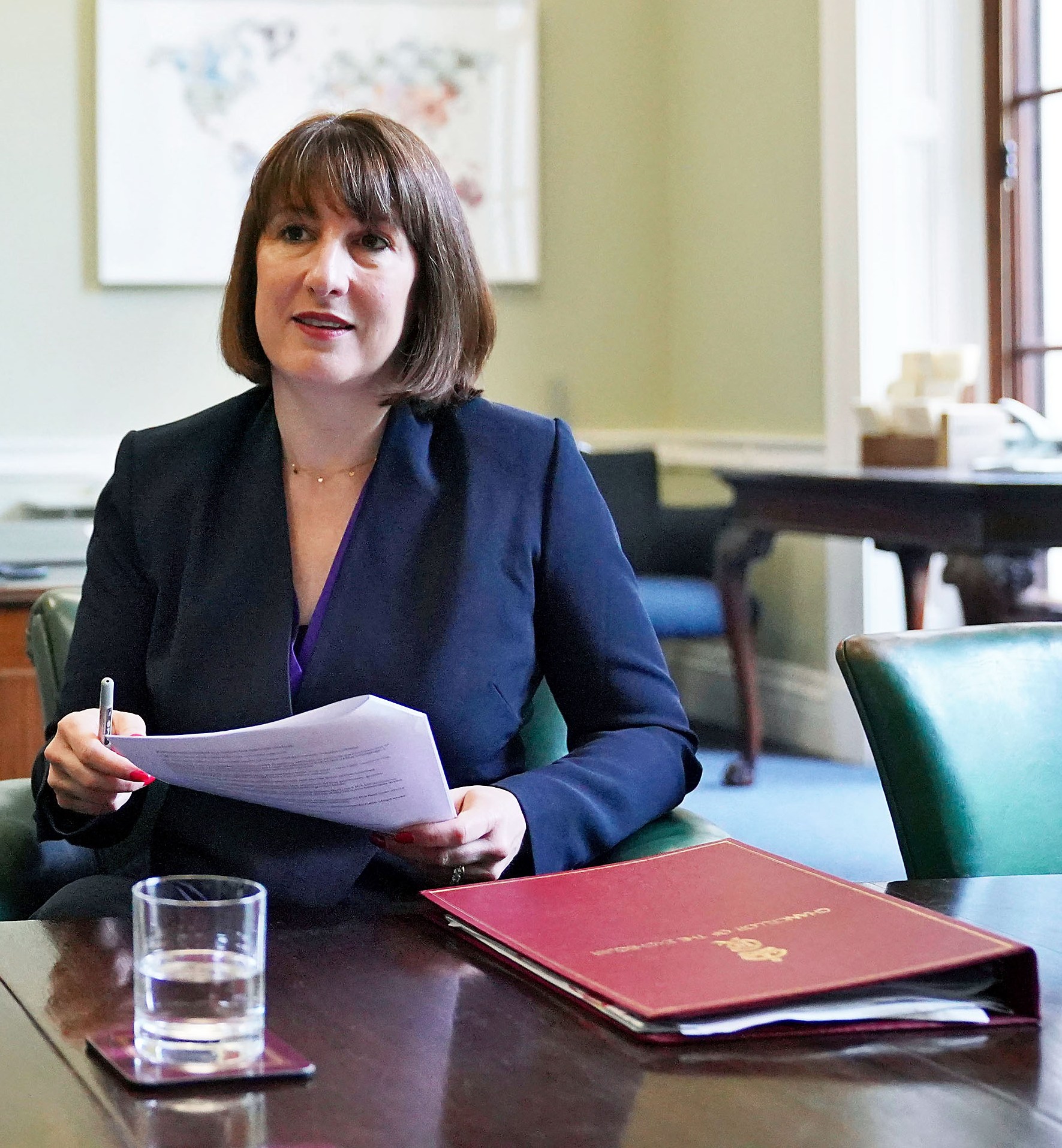A Positive Approach Could Aid Labour’s Economic Strategy
Rachel Reeves, who has served as a Member of Parliament for 14 years, is familiar with the fast-paced world of finance. As she steps into the role of Chancellor, the challenges are mounting, with a pile of spending requests demanding attention. Since her appointment on July 5, Reeves has been navigating a complex landscape of fiscal responsibilities.
Current speculation revolves around the upcoming budget on October 30, which may require tax increases to adhere to Labour’s fiscal framework. This framework has drawn inspiration from Conservative policies. With commitments not to raise income tax, employee national insurance, VAT, or the overall corporation tax rate—taxes that account for approximately two-thirds of the nation’s tax revenue—focus is shifting toward the potential for new taxes on assets like property and pensions.
However, there is an alternative path Reeves might consider, one that emphasizes optimism and confidence—qualities she demonstrated in opposition but appears to be losing sight of in government. This is particularly relevant as she faces claims of inheriting the worst economic situation since World War II. Prime Minister’s rhetoric seems to align with this narrative, suggesting further deterioration before improvement can happen.
Granting Reeves some understanding, it’s important to recognize the economic circumstances she faces: the debt-to-GDP ratio is at its highest since 1963, real income growth is stagnant, and public service productivity has lagged since 1997, despite advancements in technology. The economy is adjusting to Brexit-induced trade tensions and energy market challenges exacerbated by international conflicts. Notably, the former Chancellor Jeremy Hunt has left behind some unresolved fiscal issues.
Nevertheless, a broader economic picture reveals favorable statistics. Overall household finances are in good shape, unemployment remains low, inflation is approaching its 2 percent target, and interest rates may decrease. Business and consumer confidence indicators are at notable highs, signaling underlying economic potential despite current challenges.
In situations of mixed economic data, the outlook can be influenced by the messaging of economic leaders. The New Labour government in 1997 excelled in shaping a positive narrative, prompting a reflection on whether similar strategies should be revisited today. However, it’s essential to avoid falling into mere superficial positivity.
There are compelling reasons why adopting a more constructive narrative from the Treasury could yield beneficial economic effects:
Firstly, data indicates UK consumers are currently more cautious than their counterparts in other major economies, evidenced by a household savings rate significantly above the long-term average. If consumer confidence were to improve, particularly among those with greater financial means, increased spending could stimulate growth and augment tax revenues, alleviating the pressure for immediate tax hikes.
Secondly, business investment levels have remained low since the Brexit referendum, resulting in a substantial lost opportunity for growth. Recent analysis from the Bank of England highlights a high threshold for investment returns, despite access to affordable capital. A shift in business sentiment could encourage investment and propel economic progress.

Thirdly, the recent recovery in economic sentiment since the turbulent 2022 budget has been uneven. Surveys indicate a positive outlook among consumers regarding their finances, yet hesitance persists around major purchases. Although business confidence has reached an eight-year peak, finance leaders remain cautious about discretionary spending, suggesting trepidation about potential tax increases and inflation resurgence. Altering this mindset is crucial for sustaining economic momentum in 2024.
These observations imply that Labour’s goal to lead the UK in growth within the G7 is achievable, but it requires careful management. The prevailing negative narrative can have tangible costs, despite its political utility. With the initial adjustment period now concluded, it’s time for a revitalized, optimistic approach. If executed successfully, this strategy will help address the financial challenges that now confront the Chancellor.
Simon French serves as managing director, chief economist, and head of research at Panmure Liberum.




Post Comment